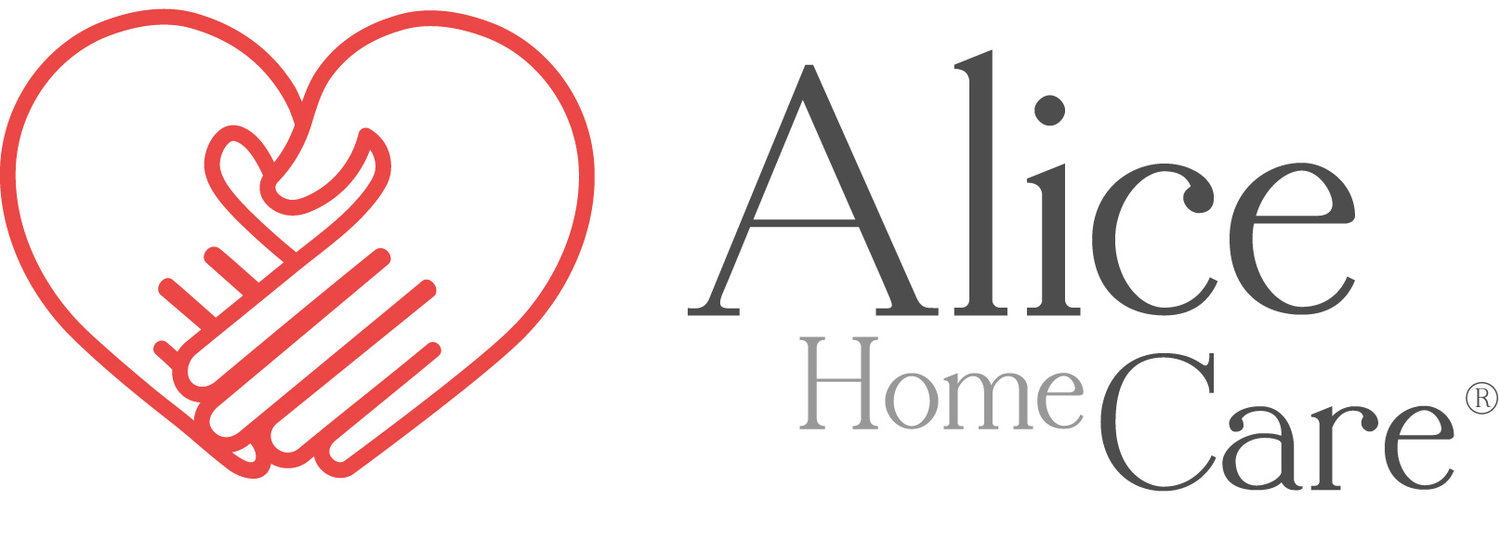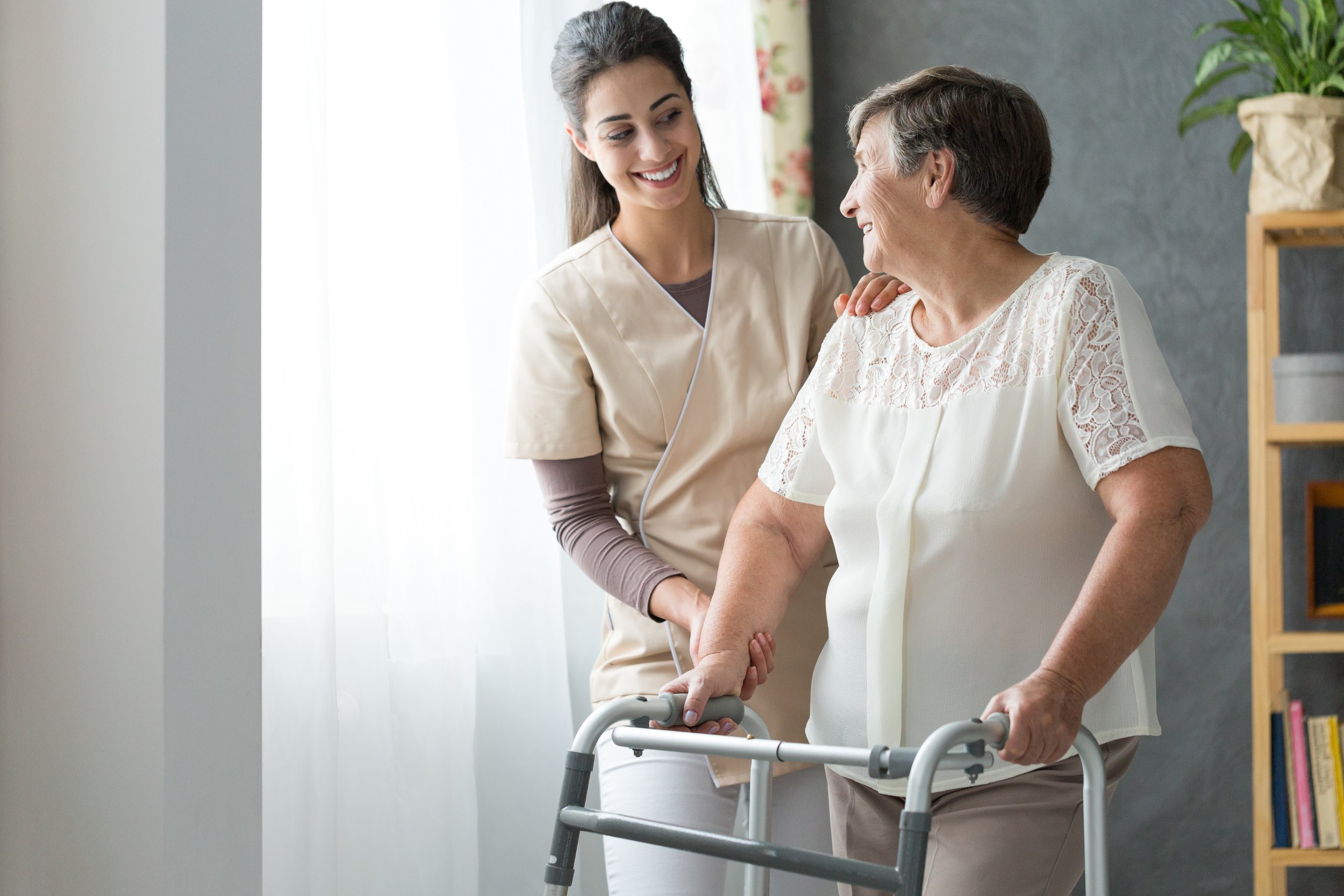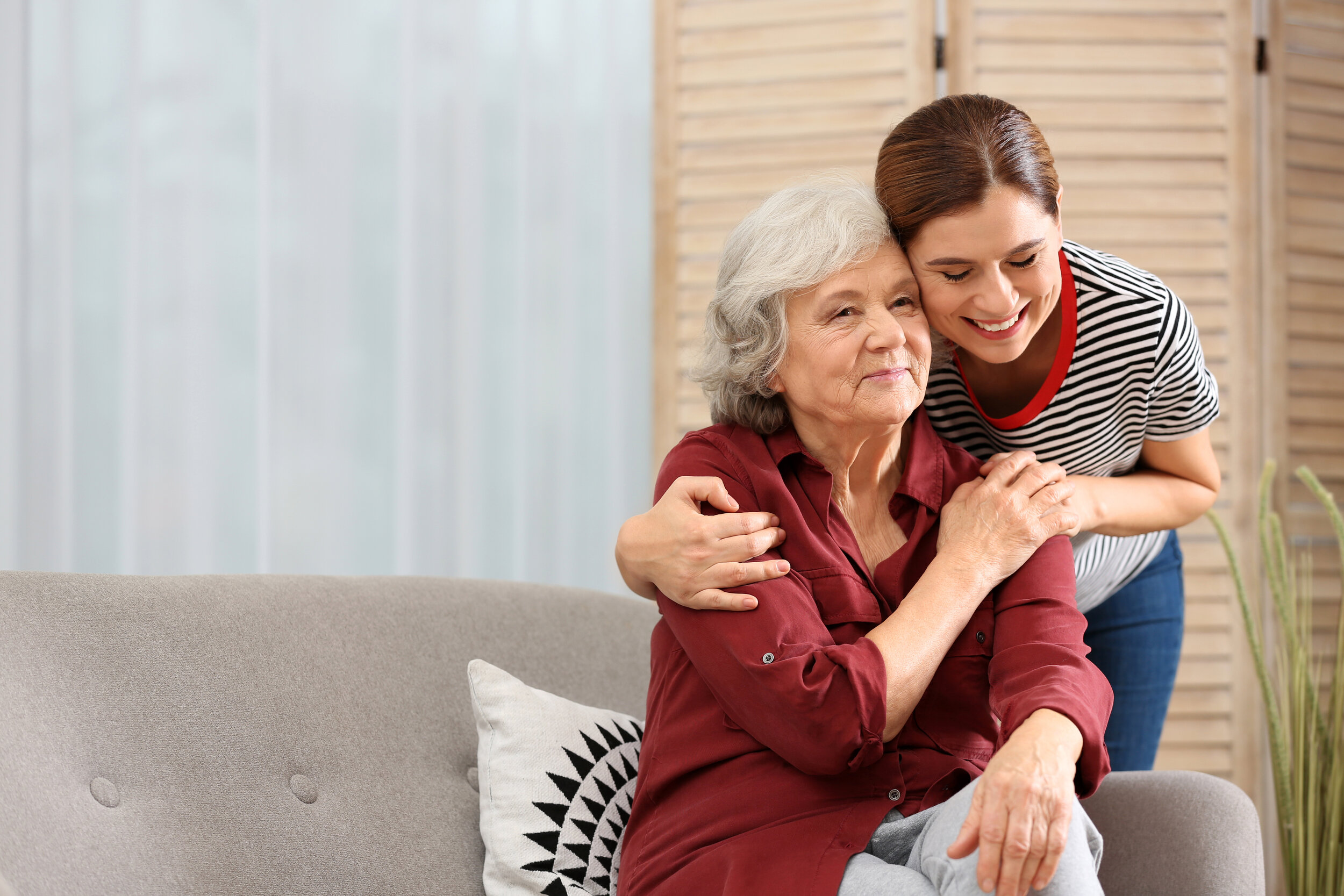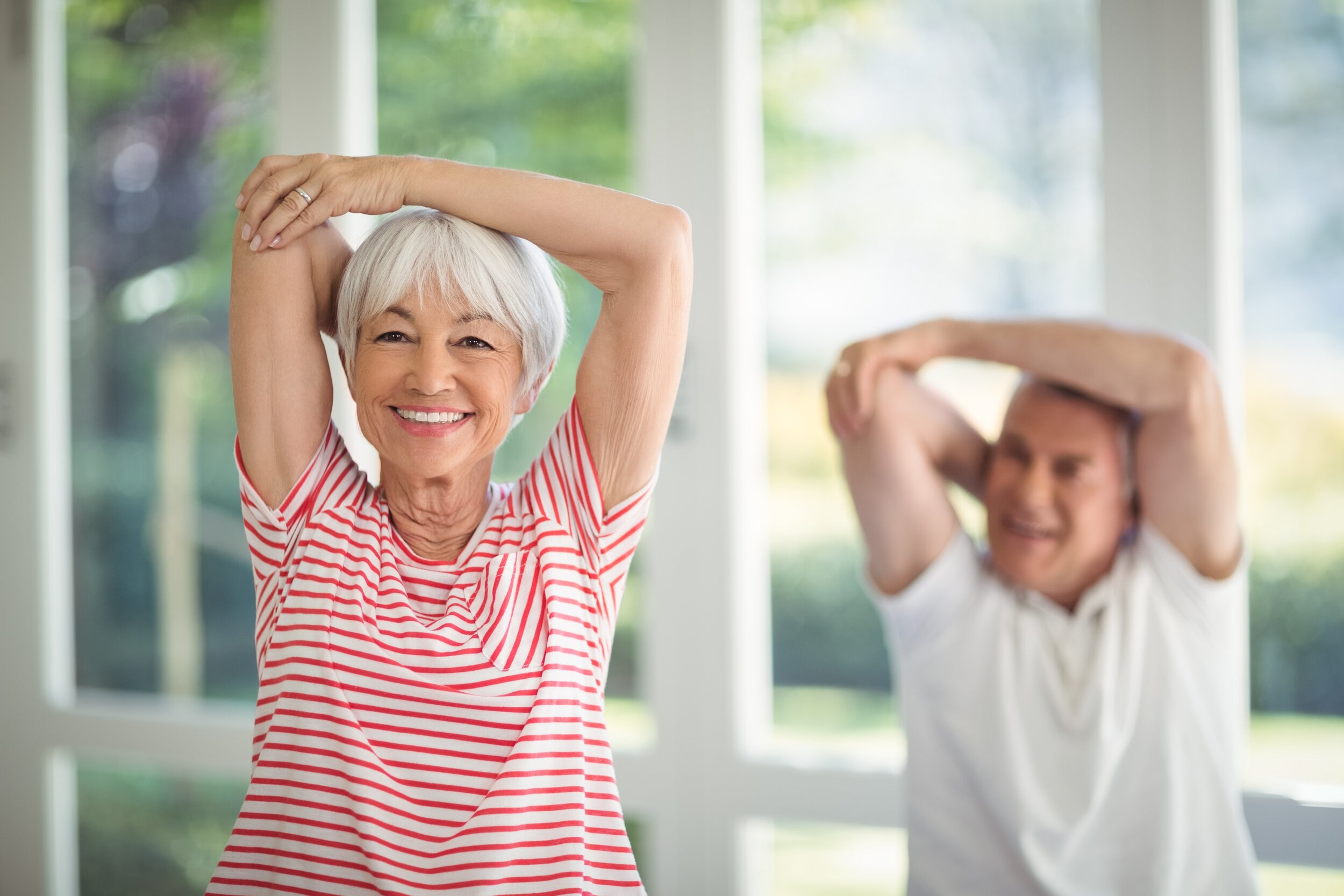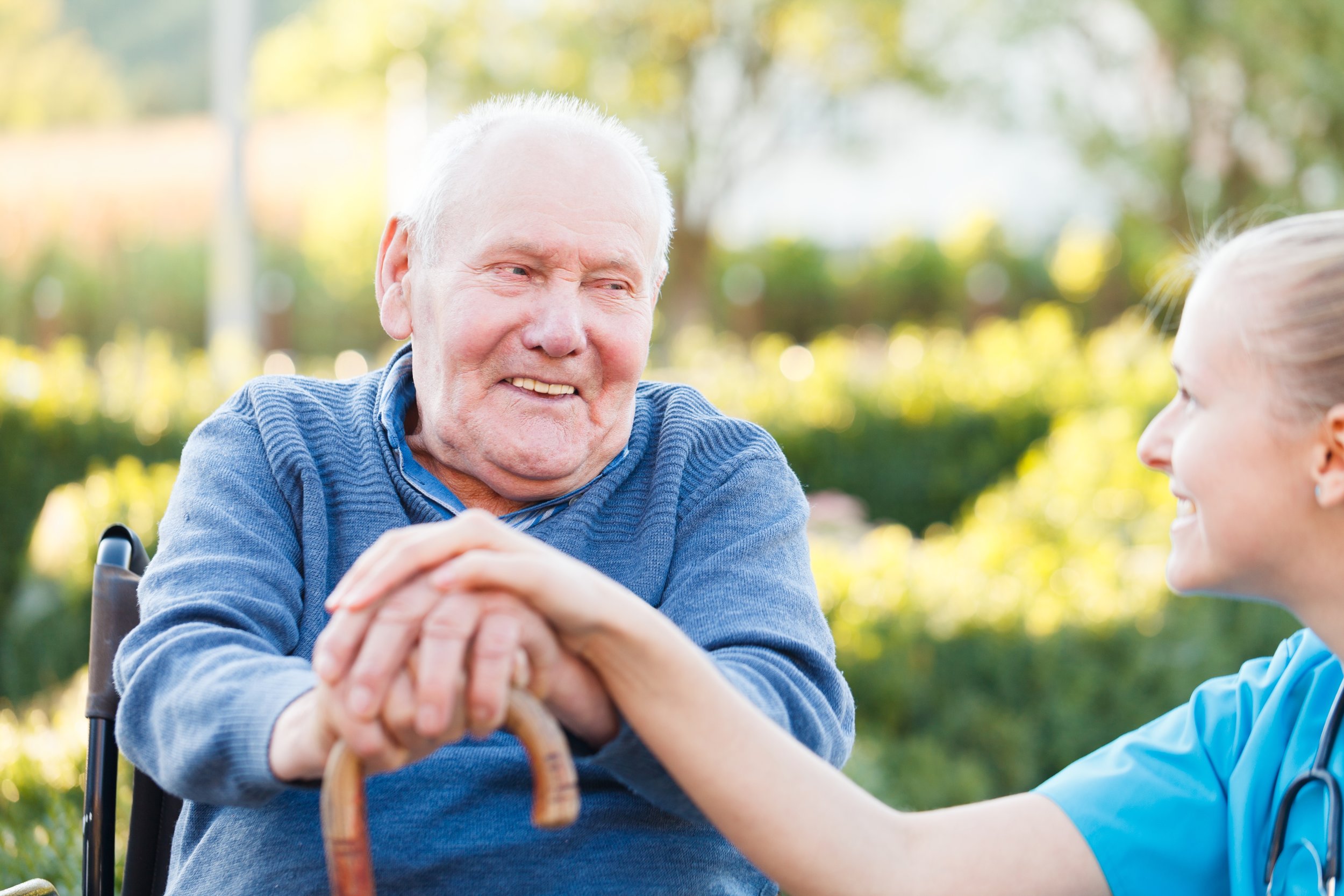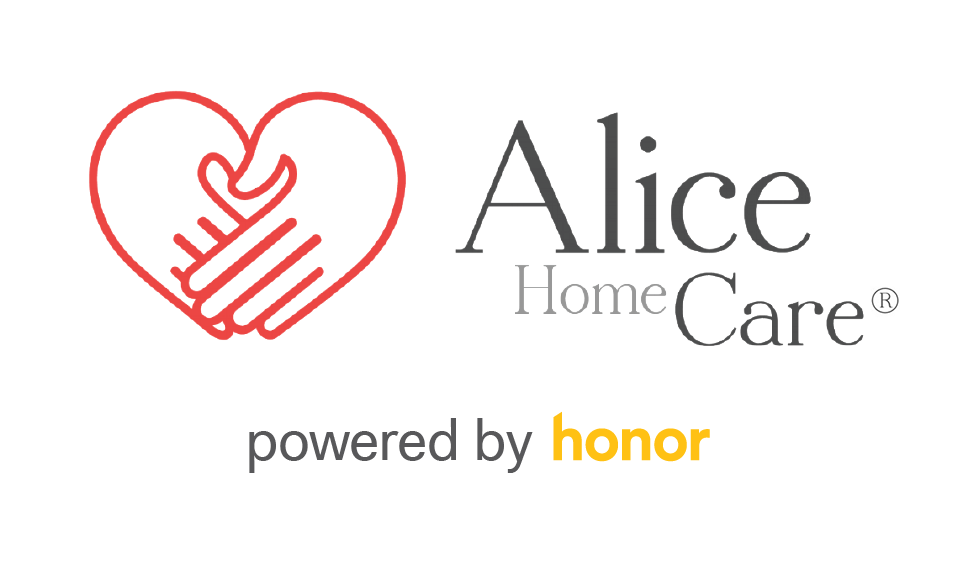What a fitting and timely idea to celebrate this month in 2021!
Gratitude, as defined by Webster's Dictionary is: the quality of being thankful; readiness to show appreciation for and to return kindness.
My own favorite is this one found on the Internet by googling: What does gratitude really mean?
Gratitude is a warm feeling of thankfulness towards the world, or towards specific individuals. The person who feels gratitude is thankful for what they have, and does not constantly seek more.
National Gratitude Month began in 2015, an initiative spearheaded by Stacey Grewal. She believes gratitude to be an essential ingredient of a happy and fulfilling life. When one embraces gratitude, they immediately shift their focus from the negative to the positive things in their lives.
For all of us this November, gratitude, with a capital G, should have been our foremost thought as we gathered around the table for a Thanksgiving feast with family and loved ones. It was probably not be like the ones we celebrated pre-COVID but it was also probably unlike last year when COVID-19 was deadly and widespread, masks and social distancing were watchwords and encouraged practices. Celebrations outdoors were strongly recommended. Many of us shrunk the size of our typical Thanksgiving gathering and maneuvered to keep the gathering outdoors as the safest way to celebrate last year.
What a difference a year can make! Looking back to November 2020 to now, November 2021.
Now we have approved safe vaccines that protect us from the deadly, still present COVID-19. Even though this virus has a more contagious version in the Delta variant, we are in a much safer place to keep ourselves healthy because of the vaccines that have been available since early this year. For fully vaccinated Americans, holiday gatherings indoors with family, loved ones and friends could be almost a return to "normal" as we remember or a new "normal'' of living with the virus but having protection. The vaccines are a miracle of today's technology--mRNA-- that was the foundation for the rapid development and deployment of a protective vaccine for us in the USA. And it is truly miraculous because typically a vaccine takes years from development to authorization and approval.
The ability to be vaccinated and even have already had a booster for the vaccines at this time enables us to enjoy a happy and safe holiday season in an environment that is so very different than just one calendar year ago.
Although COVID-19 is still with us, and we have lost more than 700K Americans, we now have a choice of not one but three effective vaccines that are widely available. And as of 11/19, the CDC has announced that a booster shot is now available to all adults over 18. That means that this holiday season can be a return to almost normal for those vaccinated and even boosted to enjoy as close to pre-COVID as is safe.
So let us be grateful for the existence and widespread availability of these vaccines and the boosters that will provide us longer term immunity and safety from contracting COVID-19.
And let us be grateful for the health care workers on the frontline day in and day out who are tirelessly treating those who are hospitalized with COVID. They have been through so many peaks and valleys with those needing care since the pandemic affected Americans.
And let us be grateful for essential workers who continue to provide services and products through all of this. Before and since the vaccines have become available they are the restaurant workers serving us as we dine out, helping in grocery stores for our food shopping, managing public transportation and the list continues. But they provide necessary services for all us to carry on in our lives.
And lastly on a specifically home care situation, a huge shoutout of enormous gratitude to our dedicated home care caregivers who show up daily to care for and support our clients in these most challenging of times. They keep our valued clients safe and healthy in their homes.
Even if November is Gratitude Month, everyone can start living with gratitude each day. It is said that living with gratitude contributes to better health. Mental and physical. A more positive outlook on life.
Gratitude month suggests 3 activities to engage in to grow your gratitude:
--Start a Gratitude Journal. Record three to five things you are grateful for each day. It can be an excellent coping mechanism throughout your life journey when things are not going as we want them to or even dealing with stress, disappointments, heartache, loss etc. It gives you an opportunity to reflect on what you are grateful for despite setbacks.
--Spread Gratitude. Thank your family, loved ones, friends and let them know you appreciate them and are grateful to have them in your life. A sincere compliment to an essential worker thanking them for their services is a simple, easy way to spread it as well.
--Give back to the community. Helping others in your community is a way of helping someone else and you will most often find that giving back time and/or donations helps you as much as those you are helping.
Keep safe! Keep healthy! Have an attitude of gratitude! And have a happy holiday season!
Alice Home Care is here to help provide compassionate care for your loved ones who struggle to remain independent in their homes. Give us a call at 510-924-8529 and let us provide you with helping hands and caring hearts.
